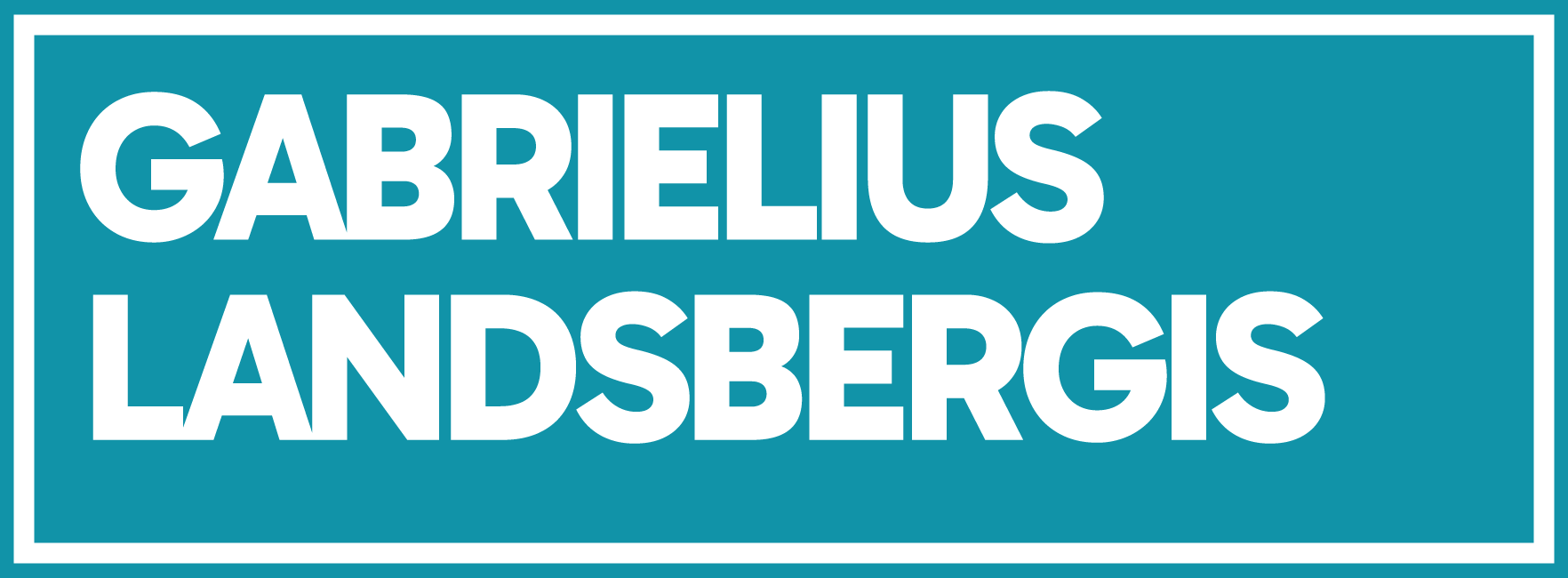The EU is in danger of becoming an existential threat to itself
“People only accept change when they are faced with necessity, and only recognise necessity when a crisis is upon them.”
Thus spoke Jean Monnet, a founding architect of the European Union, in his memoirs. Monnet’s insight—born from Europe’s post-war reconstruction—rings truer than ever today as Europe faces its most complex challenges since the Second World War. The democratic distance between Europe’s citizens and its executive—the European Commission—prevents fast policy reactions. Unlike nation states, where change can be mandated almost instantly, the EU’s structure often leads to paralysis.
Europe does not have a way to create a public European mandate, to send a direct request to the politicians through an election process. A sum (or usually the lowest common denominator) agreed at the European Council rarely represents “what Europe actually wants.” It is either formulated from the top down—where Commission experts decide what the continent needs and try to persuade the leaders to accept it—or it is a minimal consensus agreed upon by all the leaders, which is then handed to the Commission to implement.
With few Europeans aware of the EU’s policy agenda or promises made during European Parliamentary elections, public buy-in remains elusive. This public-to-politics disconnect manifests itself in Europeans rarely understanding why certain policies are implemented only to be abruptly abandoned. Without a strong mandate from its people, the EU struggles to align its actions with public expectations.
Since the most important decisions in the EU require unanimous agreement, reaching a strong decision demands almost unanimous public pressure across all member states. For a society as large as the European Union, this pressure only materialises when a crisis affects almost everyone. One such example was the pandemic, which impacted nearly everyone in Europe and created sufficient pressure on both representatives and the Commission to act quickly. With this mandate, the EU overcame the political threshold of common borrowing—something never before possible—a feat many characterised as a “Hamiltonian moment.” This was supposed to bring the EU closer to economic federation. Europe, in line with Monnet’s prediction, emerged stronger from the crisis. Unfortunately, the momentum did not last.
We are now in the third year of the biggest war in Europe since the Second World War. Sadly, you have heard all this before. A wide range of experts agree that the only way to force Russia off its imperialistic path is for it to lose on the battlefield—preferably without that battlefield expanding to other countries. Russia’s enormous military is preparing for further invasions, and its society, accustomed to aggression as part of national identity, will not change overnight. Russia’s nuclear doctrine, employed in Ukraine to scare the West into limiting support for Kyiv, could easily be used in other European countries as well, yes, including NATO countries. Hopes of a quick and sustained peace without Ukraine’s victory are increasingly unrealistic.
Decades of economic dependence on the Chinese market have reached the point where Europe is constrained. For many businesses, survival hinges less on innovation and change than on maintaining access to China. This reliance leaves Europe vulnerable to retaliation, as demonstrated by Beijing’s economic measures against Lithuania over ties with Taiwan. If China were to escalate tensions in Taiwan or the South China Sea, Europe would find itself in an impossible situation—not endorsing the aggression but, because of economic dependencies, unable to take meaningful action.
Adding to these external pressures are Europe’s internal struggles: slow economic growth, a lost battle for technological leadership and the rise of radical political voices. The far-right and populist movements are further weakening unity, while Europe’s failure to compete in the global technology race risks long-term stagnation.
What is this huge crisis if not the biggest crisis the EU has faced since its conception?
Our main hindrance is the inability to recognise this as a crisis at all. The fallout does not yet affect the entire European population—or at least not in a way that would compel Europe to change. Eastern flank countries see the war against Ukraine as an existential crisis. Meanwhile, those further west regard it as a passing quarrel likely to resolve itself. Few recognize China as a long-term threat, and even fewer are preparing strategies to address the shift in US foreign policy. Without agreeing that this is a crisis, the EU cannot change how it operates and instead continues business as usual.
This means that the Council continues seeking consensus among its divergent opinions. Even without the disruptions from Hungary or Slovakia, the positions of Europe’s largest countries differ significantly. As a result, any consensus will focus on slow and incremental steps. The European Commission is still best placed to understand the complexity of these issues and anticipate the consequences of inaction, but it lacks the mandate to take far-reaching action. Straying too far from its mandate, even within the limits of its competencies, risks damaging its credibility and weakening the Union further.
Both approaches—business as usual or a cautious Commission—will erode the EU’s global standing, making it weaker, more indecisive, and increasingly dependent on external powers’ decisions. Europe risks losing both US security guarantees and the Chinese market while achieving little in return.
The EU, if it wants to survive the current storm and follow Jean Monnet’s prediction to emerge stronger, must change. It has shown that it can overcome financial constraints and defeat a pandemic. It can apply the same resolve to assist Ukraine, even if US support diminishes. It can push for enlargement, anchoring Ukraine, Moldova, and others firmly in the Western world. To survive, Europe must become more unified—meaning more federalised—with a European defence industry and budget. Decision-making must become faster, requiring a move to qualified majority voting in the Council. The first step should be implementation of Article 7 of The Treaty on European Union against those who, for personal political gain, undermine the EU’s ability to act. None of these ideas are new, but they have never had a mandate for implementation.
It is therefore easy to agree with the populists and their ridicule of the EU’s structural weaknesses and the long and winding road from the electorate to the executive. However, the populists’ suggested “improvements” to the system are all destructive. Instead of an ever closer union, they generate ever growing disunity. That is probably why their political parties are so attractive to our worst enemies who want to destroy us completely.
I have written before that it seems like all we can do is wait for a “Pearl Harbour” moment to shock us into collective action. Well, there are many candidates lining up: Ukraine is still not secure, the Baltic States can’t defend themselves alone, Greenland’s future is suddenly up for debate, we can’t agree on instruments to stop Chinese bullying, we have no navy to send to Taiwan, no energy to stay in Africa, Georgia is slipping away and our transatlantic security guarantees hang by a thread.
My deepest fear is that even if several of these Pearl Harbours happen, we still won’t understand that the only solution is serious EU reform and preparation for even worse developments. It is no joke to say that Putin could get to Warsaw before western Europe would feel the existential threat necessary to trigger a bold enough reaction.
From the perspective of frontline countries it can look like nobody else will understand these dangers until their parliaments’ windows are blown in by a T-72. And by that time, I think it will probably be too late to begin negotiations for a joint EU defence budget.






Member discussion